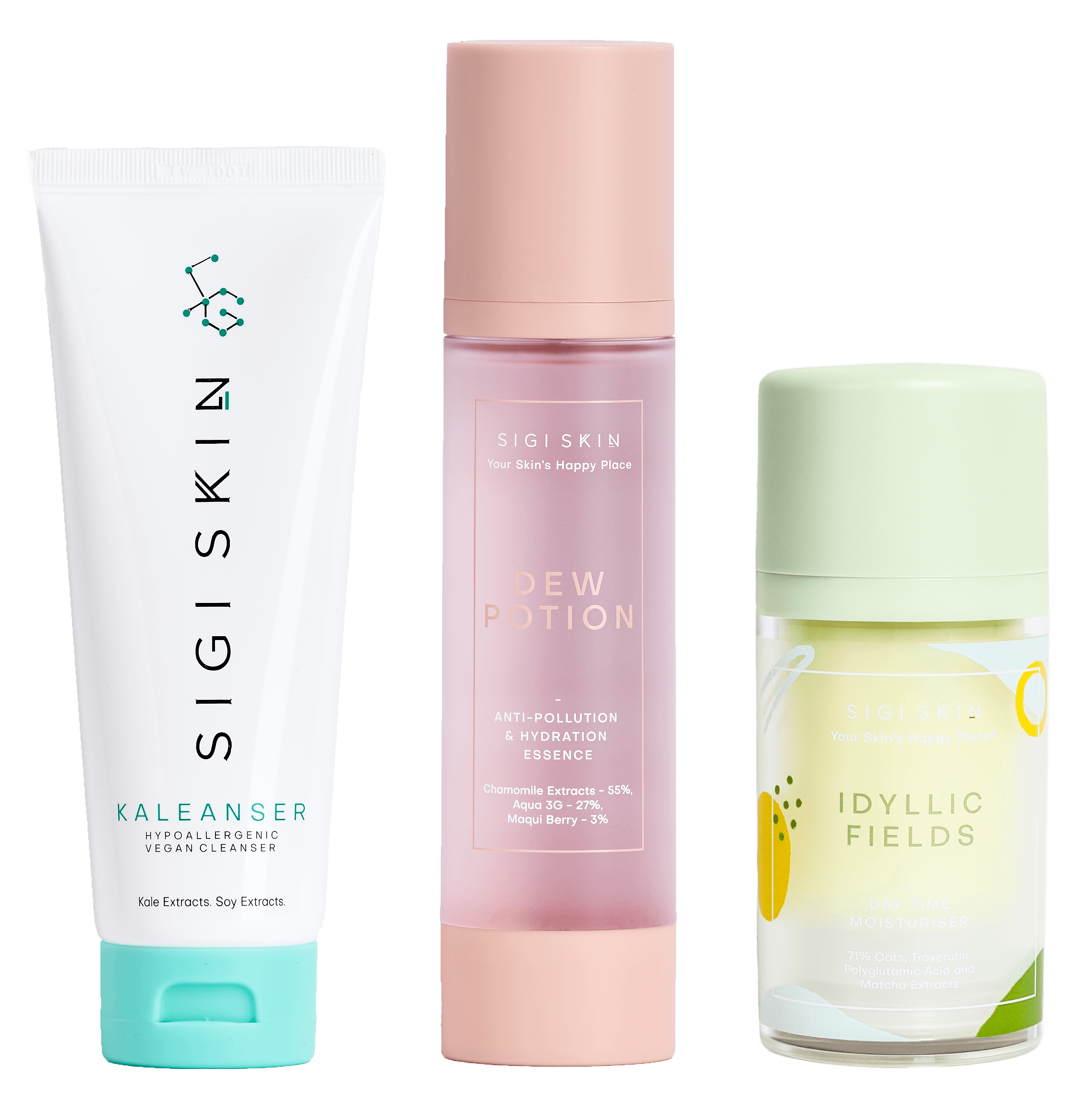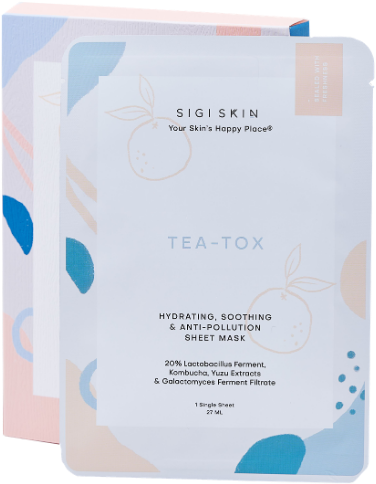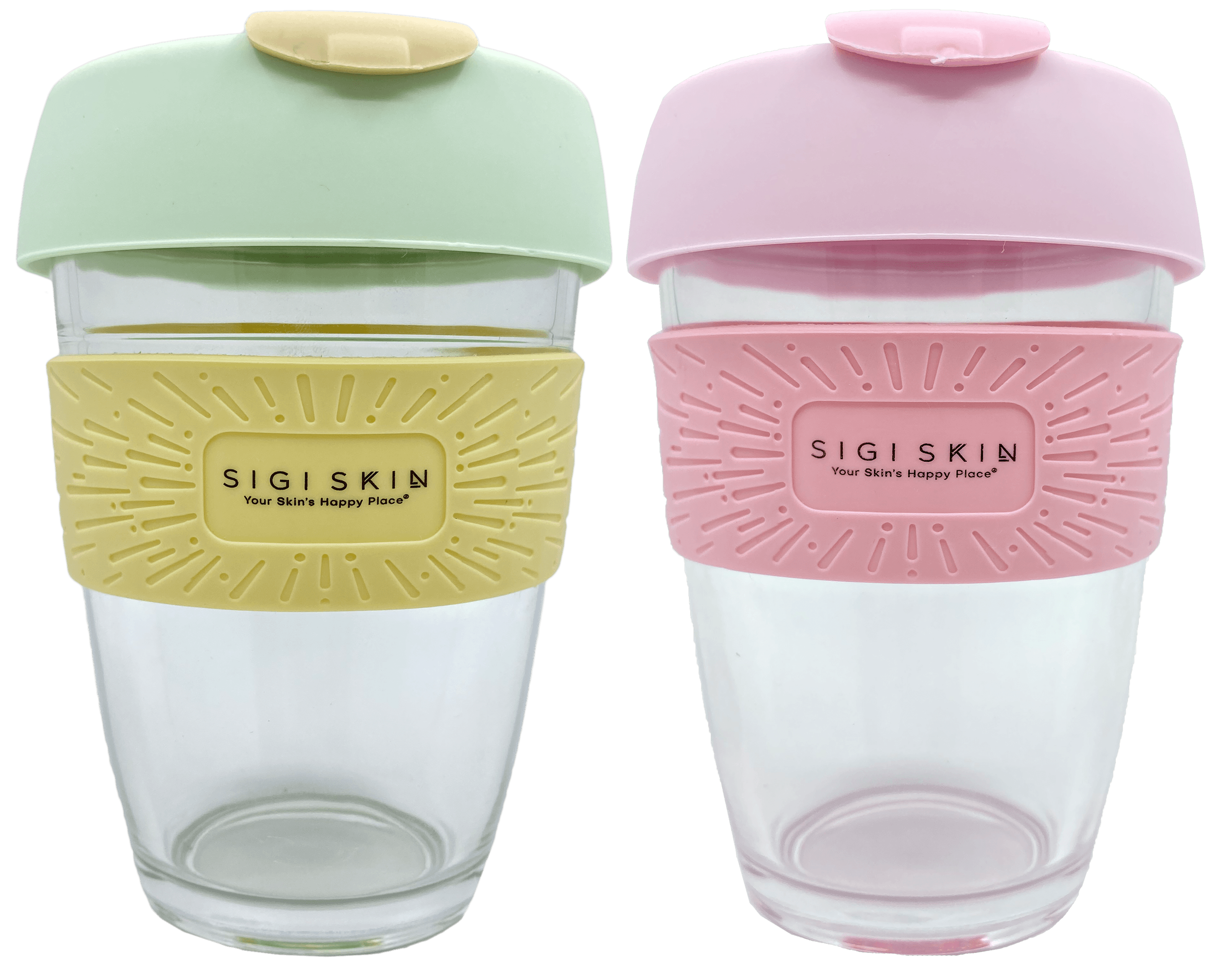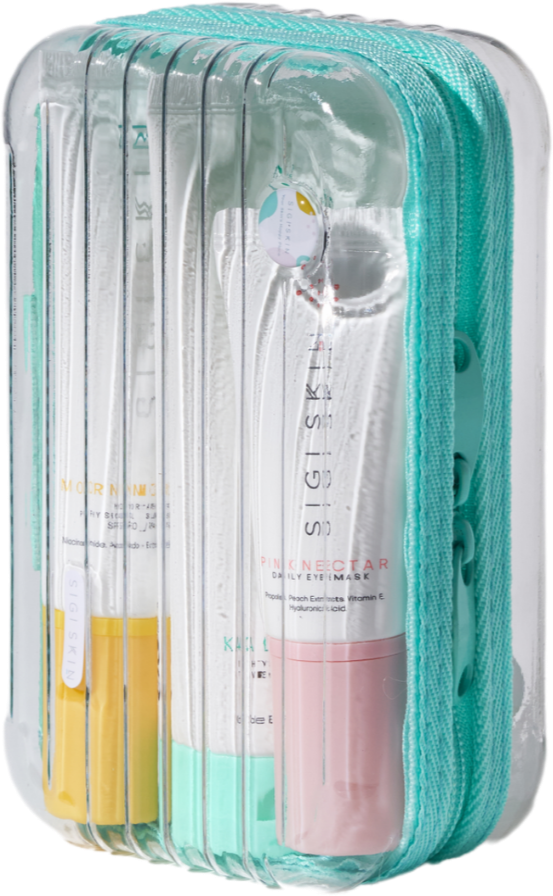How much sunscreen do you need to wear?

By now, you should know that you will need to wear sunscreen every day to protect your skin from UV damage.
(If you're reading this without having sunscreen on, drop everything and go apply it now!!!)
But just how high of a SPF and how much sunscreen do you actually need to wear?
Choose a broad-spectrum sunscreen
A broad-spectrum sunscreen is one that is able to protect your skin from both UVA and UVB rays.
UVA rays, also known as aging rays, has the longest wavelength. It reaches the deeper levels of your skin, which can prematurely age your skin – causing wrinkles and age spots.
UVB rays, also known as burning rays, affects the top layer of your skin. This causes sunburn, redness, and skin cancer.
Use a sunscreen with a SPF of 30 or higher
Sunscreens with SPF 30 blocks out 97% of the sun's UVB rays, and SPF 50 blocks out 98%. It may seem like a small difference, but it makes a big difference!
As for UVA rays protection, that is where the PA+ on a sunscreen label comes into place.
- PA+ = Some UVA protection.
- PA++ = Moderate UVA protection.
- PA+++ = High UVA protection.
- PA++++ = Extremely High UVA protection.
Apply sunscreen every day
We are exposed to the sun everyday, even on a cloudy or rainy day! Even when we're indoors, these rays are able to penetrate our windows.
If you're outdoors, reapply sunscreen approximately every two hours. If you're swimming or sweating, apply immediately after as generally, sunscreens are not waterproof.
Apply a teaspoon of sunscreen daily
This amount roughly equates to the length of two fingers, or 2 to 3 pumps of our Morning Glow sunscreen. Remember to apply sunscreen on your neck, lips, ears and hands as well!
Stay protected whenever you can
- Seek shade when you can! The sun’s rays are strongest between 10 a.m. to 2 p.m.
- Wear protective clothing. This includes long-sleeved clothing, a wide-brimmed hat and sunglasses, when possible.
- Avoid tanning beds. They can cause skin cancer and wrinkling.








Dear sigiskin.com admin, Your posts are always informative and well-explained.
Leave a comment